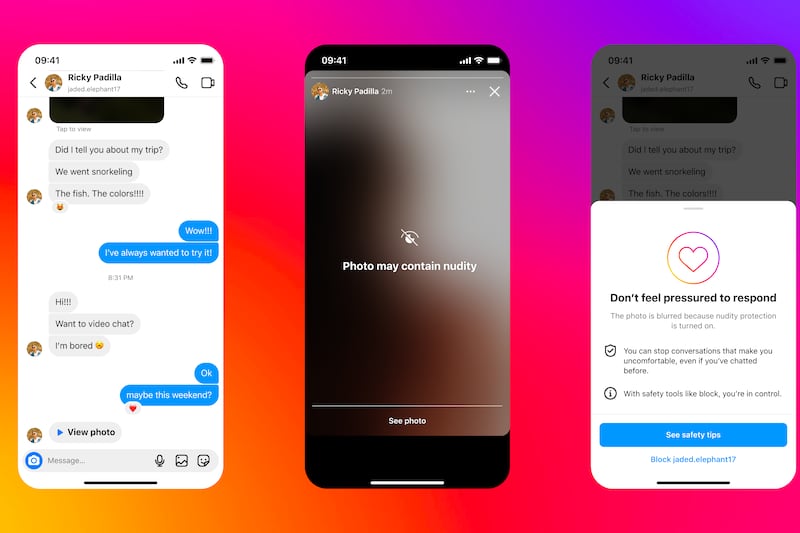More than 40 people across Northern Ireland have been targeted in 'sextortion' scams in recent days.
Cyber criminals have threatened people to pay them £2,000 or X-rated or compromising photos of them will be sent to their families, or that images or footage of them accessing pornographic websites will be released.
Between Thursday and yesterday, the PSNI received more than 40 reports of criminals targeting people via email in counties Antrim, Down, Tyrone and Derry.
Some of the messages sent by scammers are phishing emails where criminals tell the recipient they have their password in an attempt to convince them they're a genuine threat.
Chief Superintendent Simon Walls says scammers will stop at nothing to dupe people, even during the global coronavirus pandemic.
"Thankfully, in relation to the reports we have received in the last few days, people appear to be aware of the fraudsters and it appears they haven't fallen for their scams," he said.
"Scammers are ruthless, unscrupulous individuals who don't care about the impact of their actions on victims, which can sometimes can be life changing and which often has a significant impact. All scammers care about is getting money from their victims.”
He said now that young people are spending more time at home, parents should take extra care to keep an eye on their child's online activity and check what sites they are accessing.
“It's also important people have a conversation with their loved ones, and with each other, so they are aware of the extraordinary lengths scammers will go to and the abhorrent tactics they will employ," he said.
“And, to any young person who may receive or has received one of these emails, please don't worry. Speak to your parent/guardian or someone you trust and do not reply to the email."
Some of the recent scams have involved criminals pretending to call from a bank and ask people for their bank details. One scam was from bogus workmen taking money from a householder for work yet to be completed.
Chief Superintendent Walls warned people never to give out personal or financial information to an unnverified person over the phone.
“Only ever give that type of sensitive information to a verified source, and I would urge people who receive any of these types of email not to interact or reply to the scammers, but to forward details on to Action Fraud and contact us," he said.
“People who receive such an email where the scammers claim to have their password should change their passwords as soon as possible. Please, do all you can to stop scammers taking your money.
“I would urge people to be aware of cold callers and people claiming to carry out work on their house for a price, which will often be too good to be true. Be on your guard and do what you can to protect yourself financially.”
Action Fraud can be contacted via their website www.actionfraud.police.uk or by phoning 0300 123 2040. Police can be contacted on the non-emergency number 101.
For further advice and information visit www.nidirect.gov.uk/scamwiseni or the ScamwiseNI Facebook page @scamwiseni








